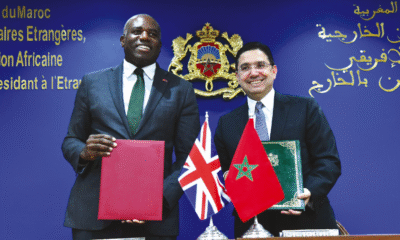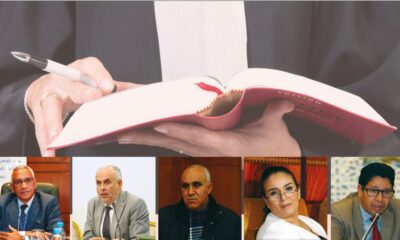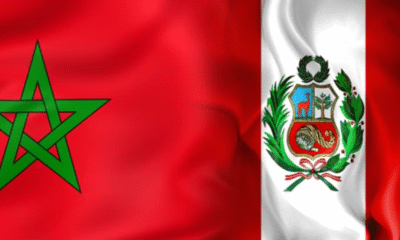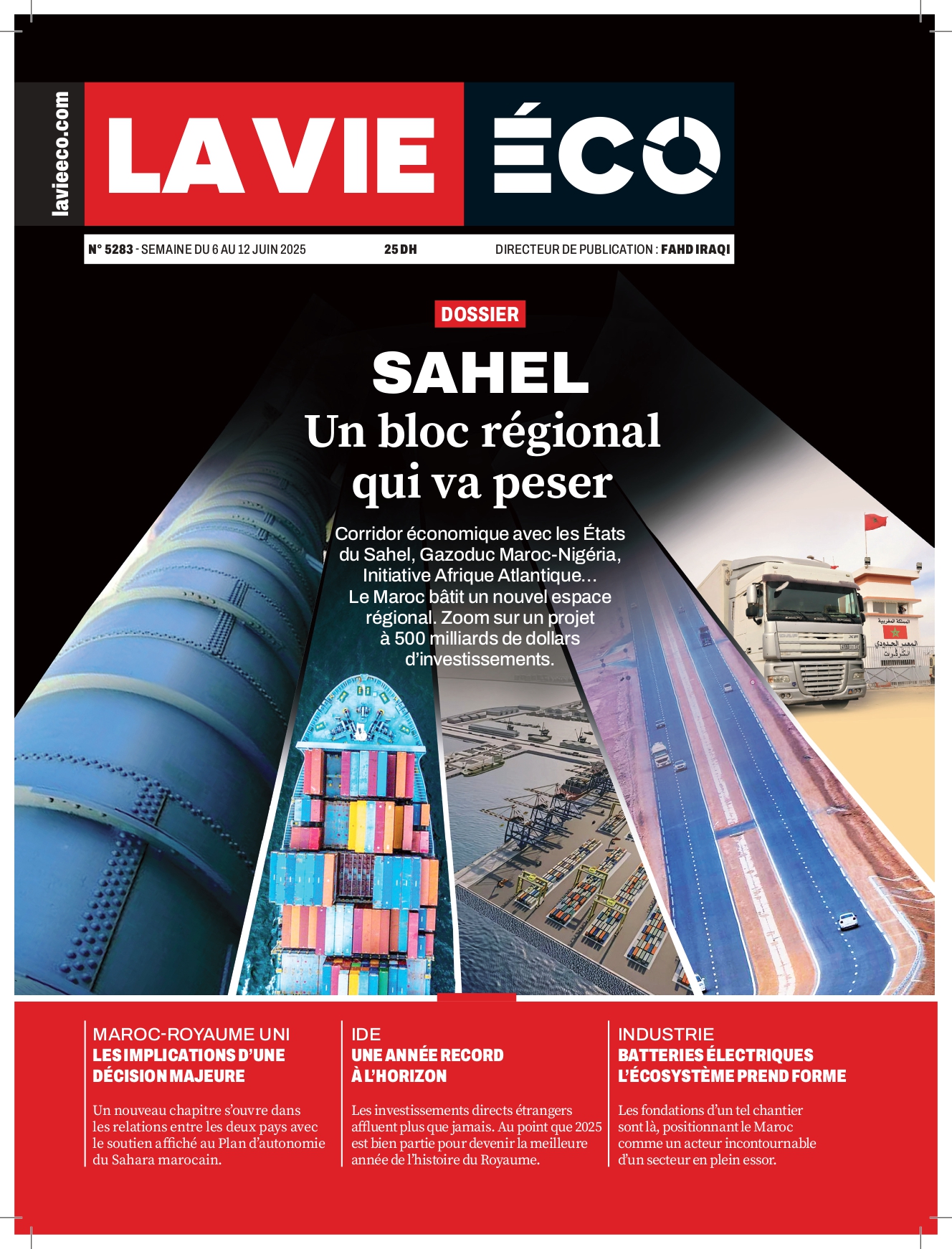Business
Innovation: A Springboard to Energy Competitiveness
In Morocco, photovoltaic technology combined with LFP (lithium, iron, phosphate) batteries generates highly competitive energy costs. Financial innovation is accelerating the energy transition for businesses, thereby contributing to the democratization of access to decarbonized energy sources. Insight.

Competitiveness is crucial for increasing the penetration and democratization of clean energy on a national scale. In Morocco, the experiences of key players in energy production demonstrate that technological innovation is a major competitiveness driver.
“Photovoltaic technology, coupled with LFP (lithium, iron, phosphate) batteries, currently leads to very competitive energy costs in Morocco. In essence, innovation opens new pathways and reduces renewable electricity prices by 30 to 40%,” explained Omar Alaoui Mhamdi, director of Acwa Power Morocco, at the 4th International Energy Forum organized by Industrie du Maroc Magazine.
Former Deputy Director General of Taqa Morocco added, “In seawater desalination, a critical sector for Morocco, innovation has reduced production costs to less than 3 kilowatt-hours per cubic meter.”
Acwa Power Morocco’s leader advocates for large-scale projects to achieve economies of scale, leveraging renewable resources and innovation to produce competitive desalinated water.
Morocco’s potential in solar and wind energy positions it to produce green hydrogen at competitive costs between $2 and $2.30 per kilogram. However, experts stress the need for innovative solutions to reduce the transport costs of this clean energy, especially for export.
Innovation: the key to energy efficiency
Energy efficiency, alongside renewable energy and innovative financing, is part of an integrated solution set enabling Morocco to significantly reduce its energy bill, projected to exceed 114 billion dirhams in 2024.
The industry accounts for 22% of national energy consumption, with 70% of energy used in industrial units being carbon-based, according to the Moroccan Agency for Energy Efficiency (AMEE). This sector alone is responsible for 30% of greenhouse gas emissions nationally.
Decarbonizing national industry while ensuring energy sobriety is crucial. Soukaina Boudoudouh, head of R&D programs at Iresen, notes that energy efficiency, achieved through innovation, allows industries to maintain operational performance with reduced energy consumption. In sectors like transport and residential, energy efficiency prevents energy losses.
Iresen, in collaboration with partners, is involved in the MSC Bitume project, which uses high-energy solar panels to maintain bitumen storage temperature before transport. This energy efficiency solution, developed with an industry partner and the International University of Rabat (UIR), reduces coal energy consumption by over 20%.
For residential sectors, improving building insulation and smart grids leads to energy savings and cost reductions in both production and consumption.
Financial innovation: a case study
In Morocco, the reality on the ground shows that for many companies, the initial investment can be a barrier to decarbonizing their activity through the production of clean energy or by improving energy efficiency.
To overcome this obstacle and accelerate the energy transition of Moroccan companies, Tamwilcom has partnered with several stakeholders, including banks, to set up a specific product called “Green Invest.”
According to Ahmed Baroudi, CEO of the Energy Investment Company (SIE), this innovative financial offer makes it possible to overcome the problem of companies’ access to financing to green their activities. It should be noted that Green Invest, joint financing from Tamwilcom and banks, can reach a maximum of 40% of the investment amount with a ceiling of 10 million dirhams, coupled with an advantageous rate of 2.5%.
The remainder is financed with the partner bank, although this share cannot be less than that of Green Invest. In addition, to increase their chances of obtaining this syndicated loan, companies can use the energy performance contract (insurance), knowing that there is also a guarantee from Tamwilcom.
Furthermore, beyond the innovative nature of this financial offer, which is adapted to financing the energy transition of companies, the challenge of raising awareness and communication around this type of product is fundamental. This is because many industrial SME managers are aware of the advantages of renewable energies and the virtues of energy efficiency, but are unaware of the range of green financing offers available in Morocco.
Continuing with the theme of financial innovation in favor of renewable energies and energy sobriety, according to Mohammed Amine El Hajhouj, CEO of Innovative Energy & Efficiency (INEE), a CDG subsidiary specializing in energy efficiency, Moroccan companies have the possibility of being financed by the CDG group, without a ceiling.
However, the IRR (internal rate of return, used to assess the profitability of an investment project) is decisive for the level of financing for green projects supported by the CDG.













